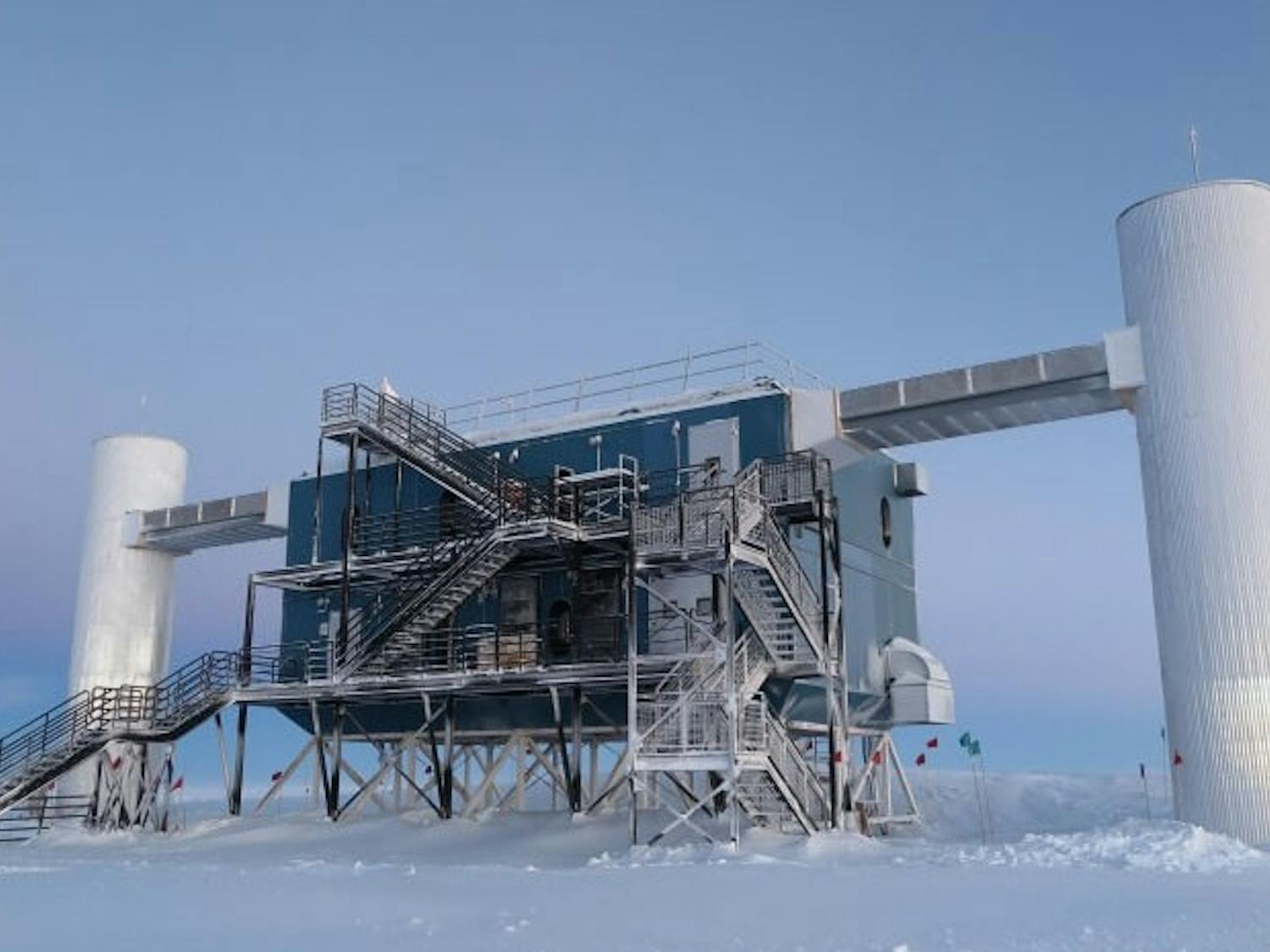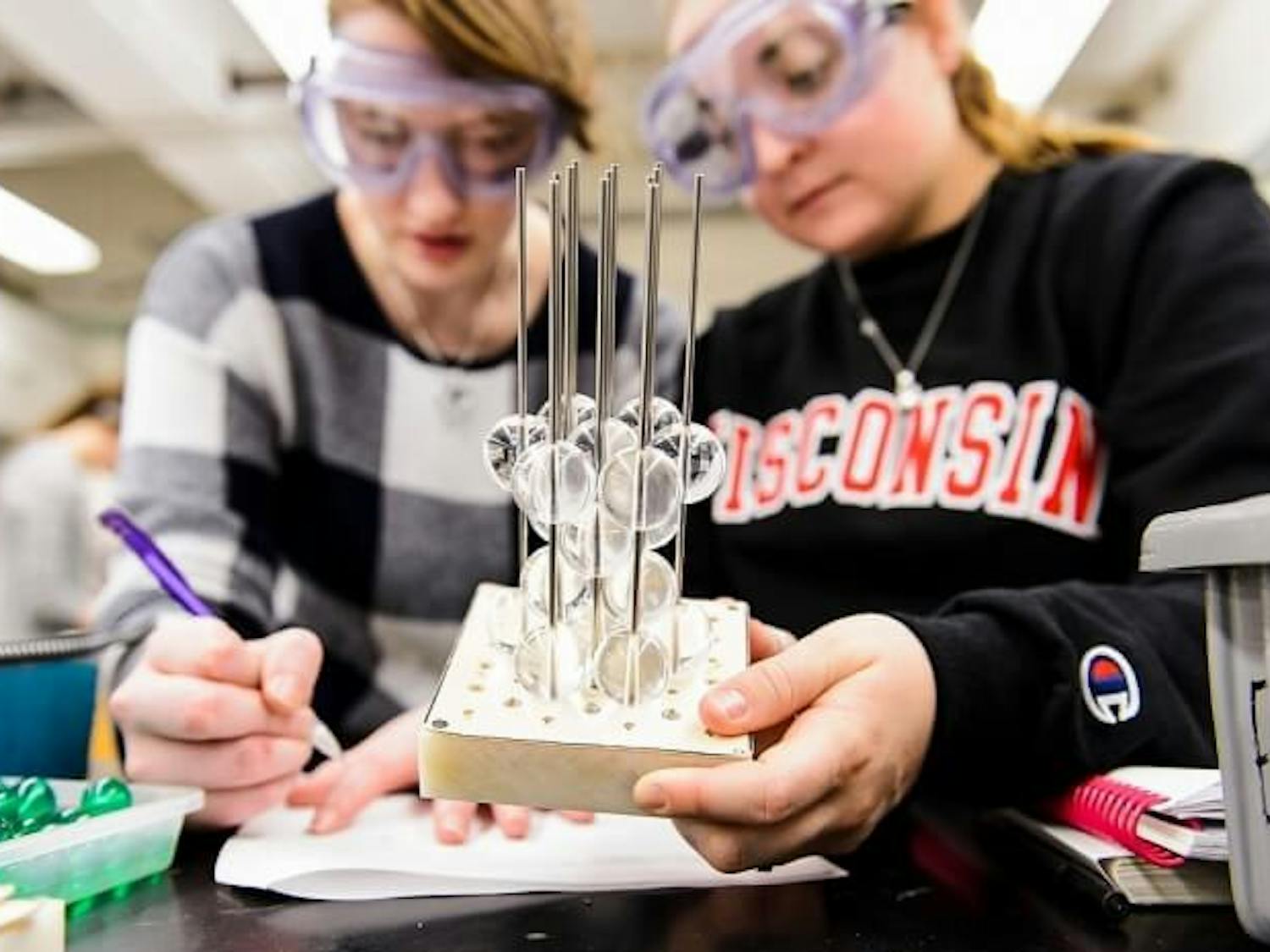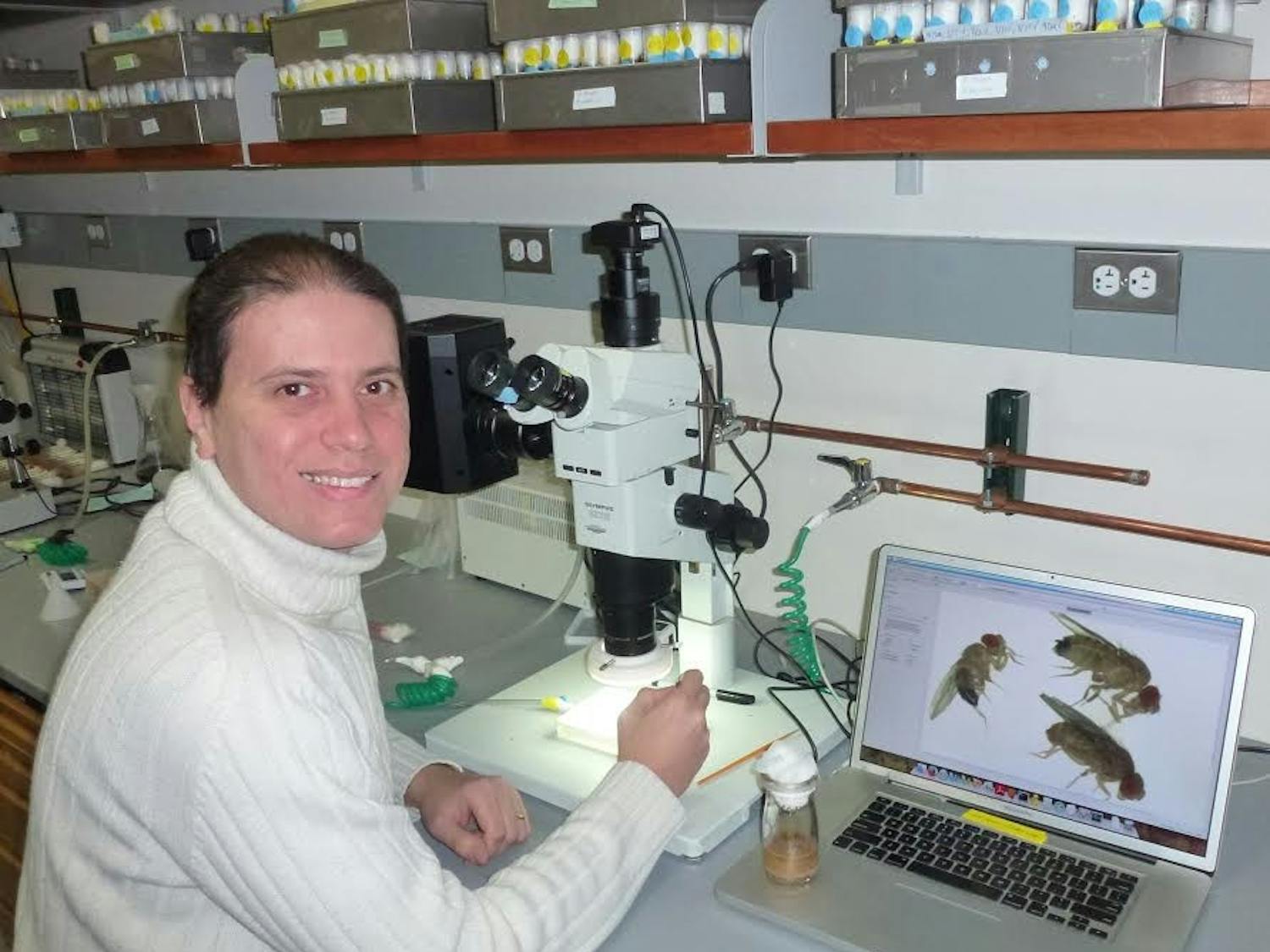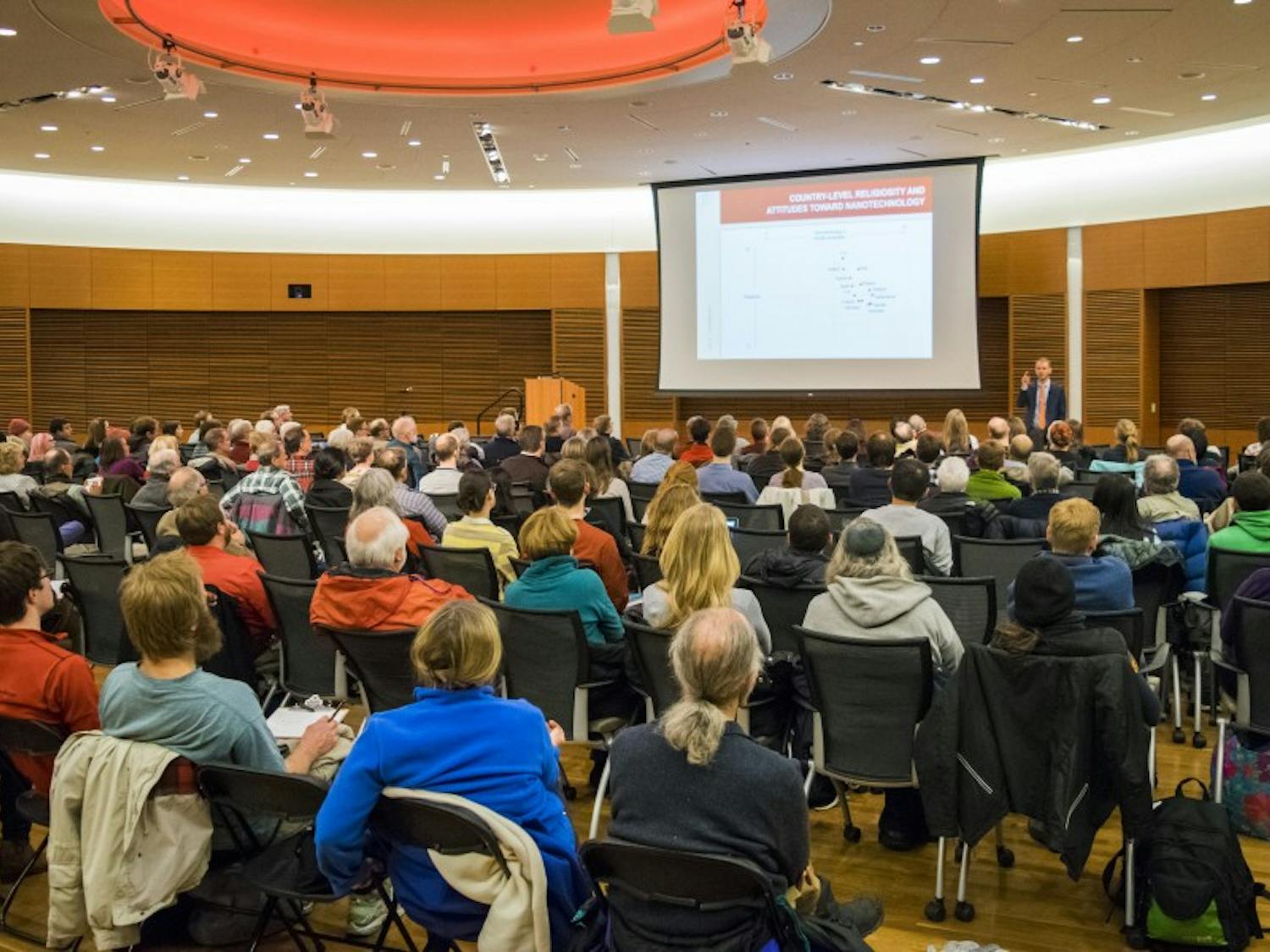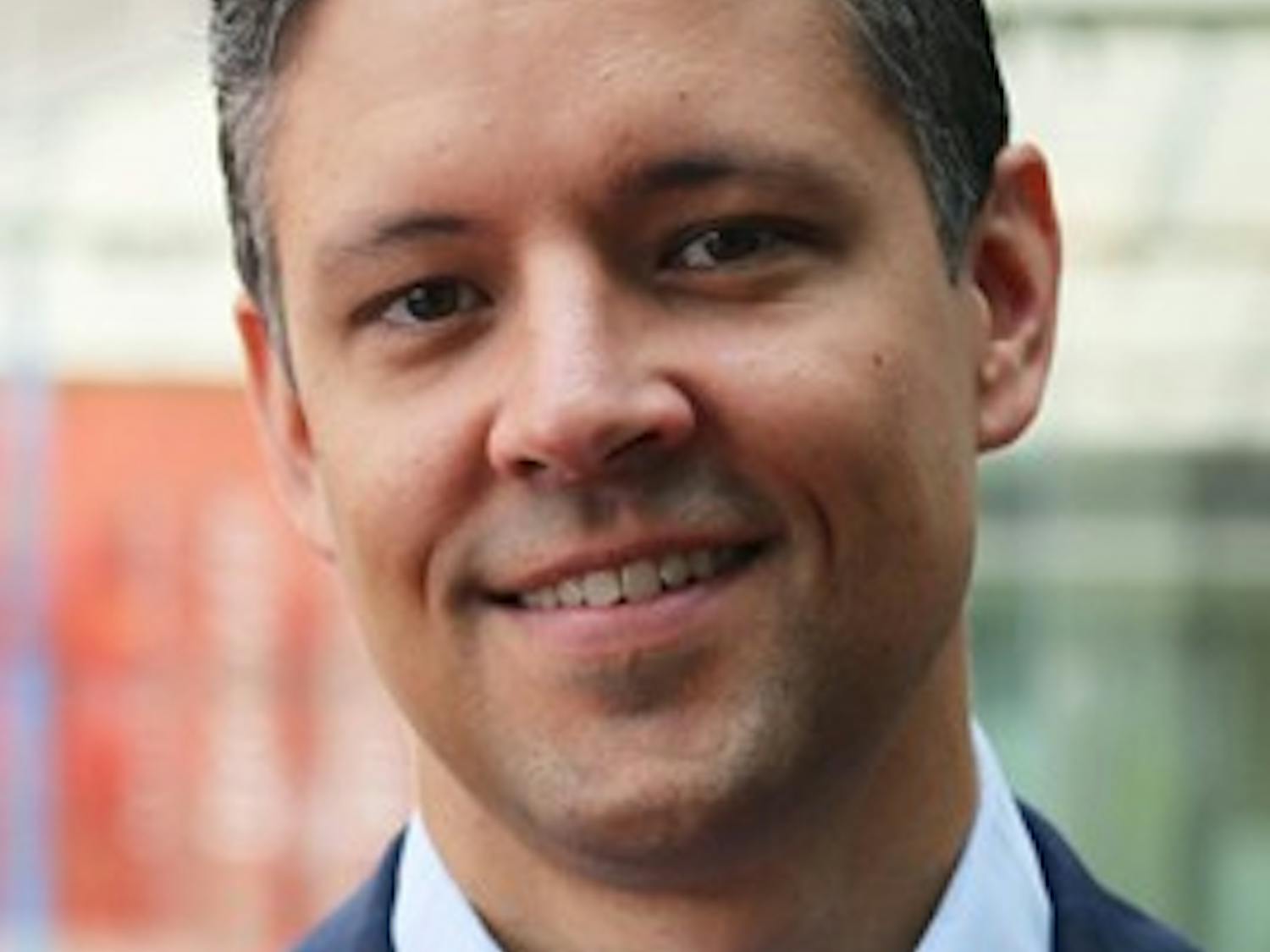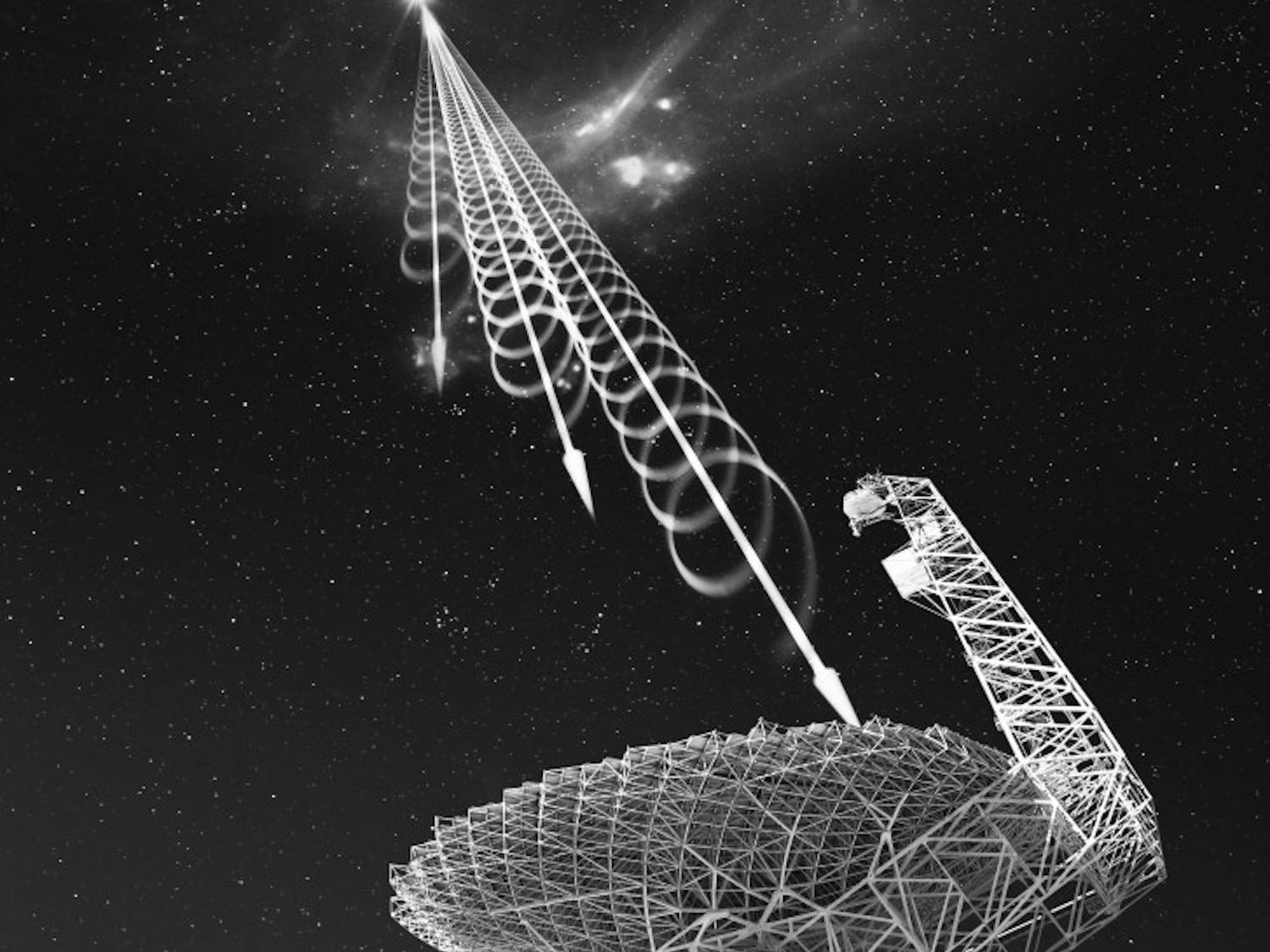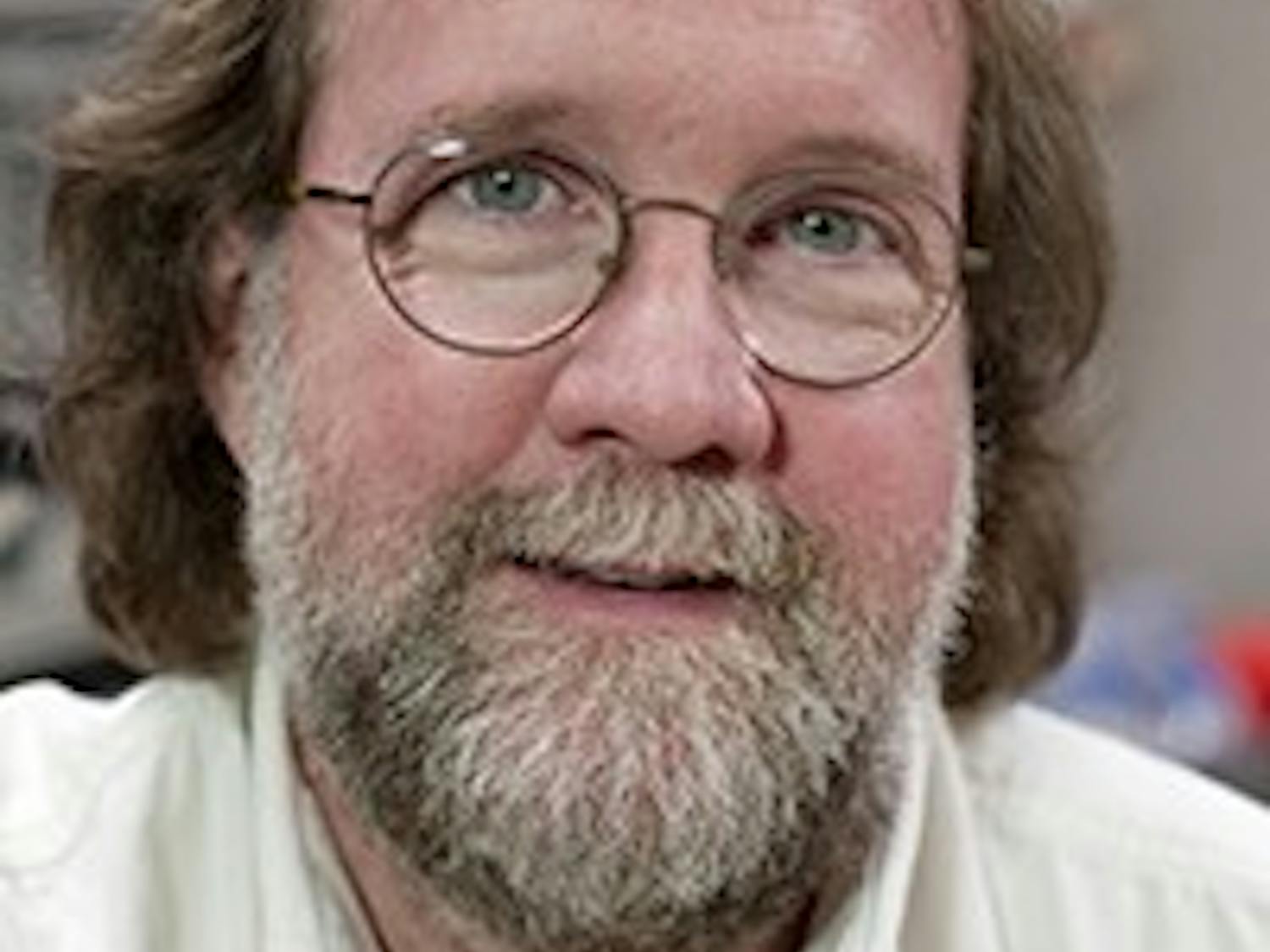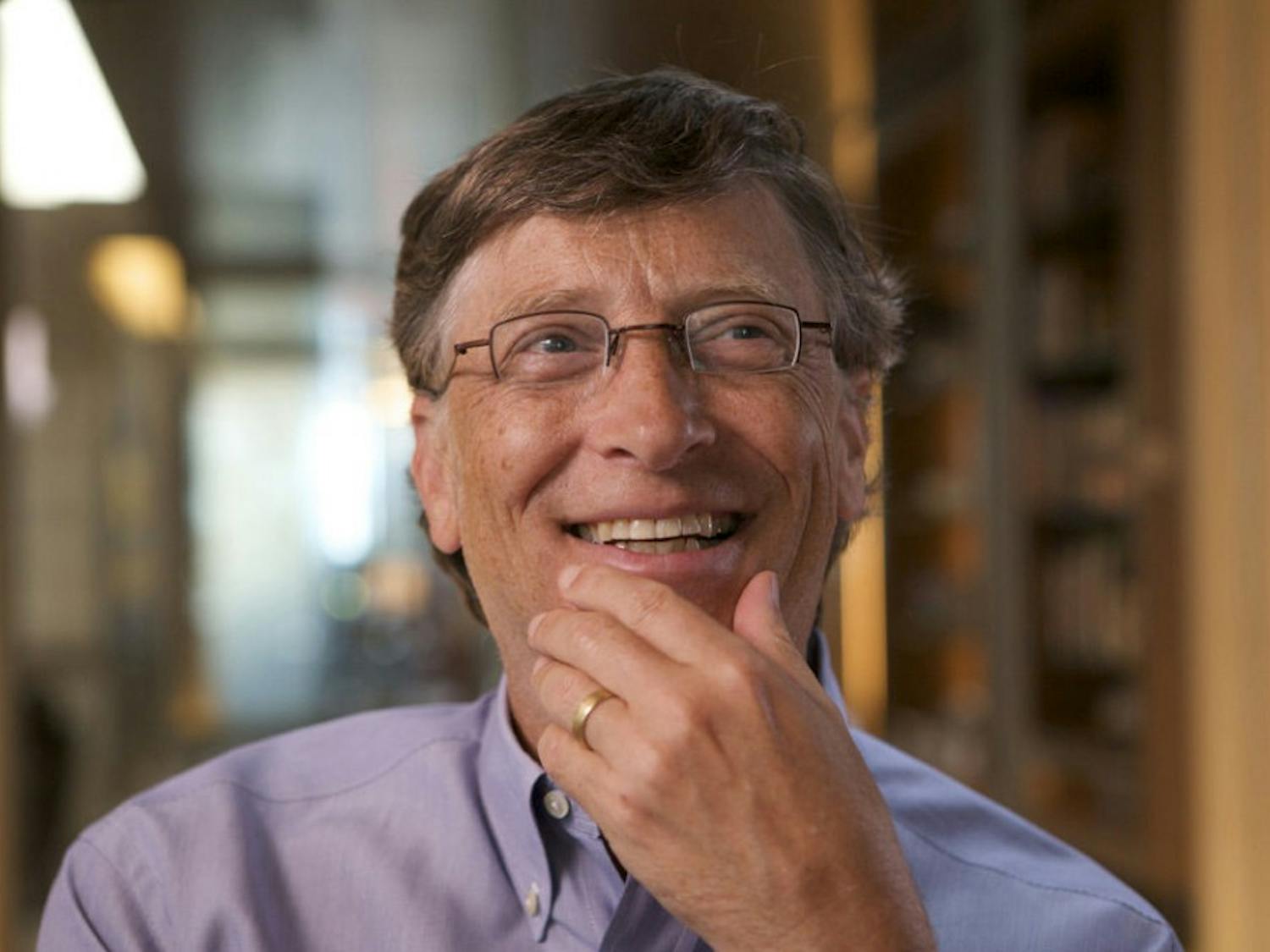UW-Madison highlights research at 2016 Science Expedition
By Peter Coutu | Apr. 4, 2016UW-Madison hosted its 14th annual Science Expedition over the weekend to highlight research performed by students, faculty and scientists at the university. The expedition allowed attendees to interact with students and professors at UW-Madison laboratories, museums, greenhouses and research centers.


